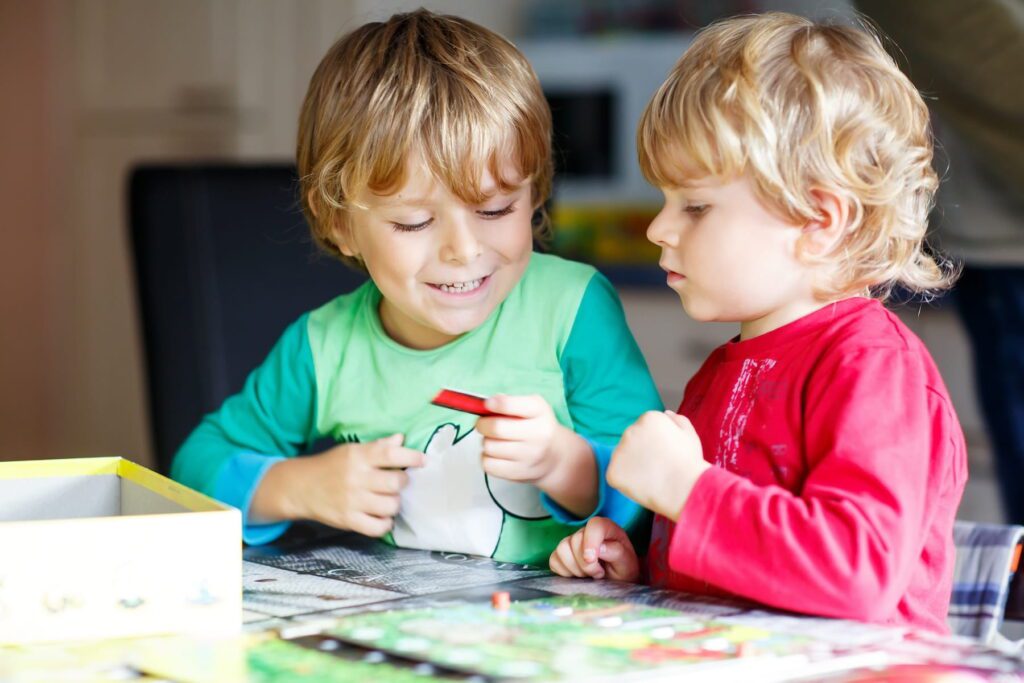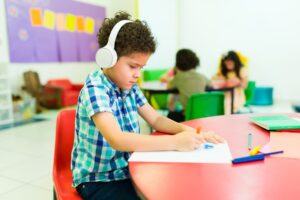Social skills are essential for children with autism to navigate their world effectively. These skills help them build relationships, communicate needs, and engage in everyday activities. Integrating social skills training into daily routines can be a practical and impactful approach for parents and caregivers. Here are some tips and strategies to help you incorporate social skills training into everyday life, along with practical examples to get you started.
The Importance of Social Skills for Children with Autism
Social skills are the foundation of successful interactions and relationships. For children with autism, developing these skills can sometimes be challenging due to difficulties with communication, social cues, and understanding others’ perspectives. Enhancing social skills can lead to:
• Improved Communication: Better verbal and non-verbal communication abilities.
• Enhanced Relationships: Stronger connections with family, peers, and community members.
• Increased Independence: Greater ability to navigate social situations independently.
• Better Academic Performance: Improved participation and cooperation in school settings.
Tips and Strategies for Integrating Social Skills Training
Phoenix Autism Center offers effective tips and strategies for integrating social skills training into everyday routines and activities. Here are some ways you can improve your child’s social skills:
Model Appropriate Behavior
Tip: Children learn by observing. Demonstrate positive social interactions through your behavior.
Example: Show polite greetings, taking turns during conversations, and expressing gratitude. Explain your actions as you do them to provide context.
Role-Play Scenarios
Tip: Practice social situations through role-playing to build confidence and skills.
Example: Create a scenario where your child greets a new friend or asks for help in a store. Switch roles to give them different perspectives.
Use Visual Supports
Tip: Visual aids can help children understand and remember social rules.
Example: Use social stories, picture cards, or charts that outline steps for greeting someone, sharing toys, or asking for a turn.
Incorporate Play
Tip: Playtime is a natural opportunity for social skills development.
Example: Engage in cooperative games that require taking turns, following rules, and communicating, such as board games or building a project together.
Embed New Skills into Daily Routines
Tip: Use everyday activities as opportunities for social skills practice.
Example: During mealtime, practice conversation skills by taking turns talking about your day. Involve your child in grocery shopping, encouraging them to ask for items or say thank you at the checkout.
Encourage Peer Interaction
Tip: Facilitate opportunities for your child to interact with peers.
Example: Arrange playdates with structured activities, such as a craft project or a simple game, to provide a framework for interaction.
Use Positive Reinforcement
Tip: Reinforce positive social behavior with praise and rewards.
Example: Acknowledge and praise your child when they use appropriate social skills, like sharing a toy or using polite language.
Teach Emotional Recognition and Regulation
Tip: Help your child recognize and manage their emotions, as this is crucial for social interactions.
Example: Use emotion charts to help your child identify their feelings. Practice calming techniques, such as deep breathing, when they feel upset.
Practical Examples of Social Skills Training for Children with Autism
Social skills training can happen almost anywhere. Here are some suggestions for incorporating social skills training throughout your day.
Grocery Shopping
Practice greeting store employees, asking for assistance, and using polite manners at checkout.
Family Meals
Encourage taking turns in conversation, listening to others, and using polite table manners.
Playtime
Engage in interactive play that requires sharing, turn-taking, and cooperation, such as building a LEGO structure together.
Community Outings
Visit places like parks, libraries, or community centers where your child can interact with others and practice social greetings and farewells.
Household Chores
Assign chores that require communication and teamwork, such as setting the table or cleaning up after a meal.
Phoenix Autism Center Enhances Your Child’s Social Skills Through Integrated Training
We know that incorporating social skills training into everyday activities can make a significant difference in the lives of children with autism. By incorporating these practices into daily routines, parents and caregivers can provide consistent, practical opportunities for children to develop and refine their social abilities. This approach not only enhances social competence but also fosters a supportive and engaging environment for growth.
Ready to Get Started?
Discover the transformative power of social skills training at Phoenix Autism Center (PAC). If your child is aged 18 months to 6 years and navigating the journey of ASD, join us in a supportive environment where we focus on enhancing independence, communication, and social skills. Let’s work together to improve your family’s quality of life. Contact us today to start your journey with evidence-based, early intervention ABA therapy tailored to your child’s unique needs.




